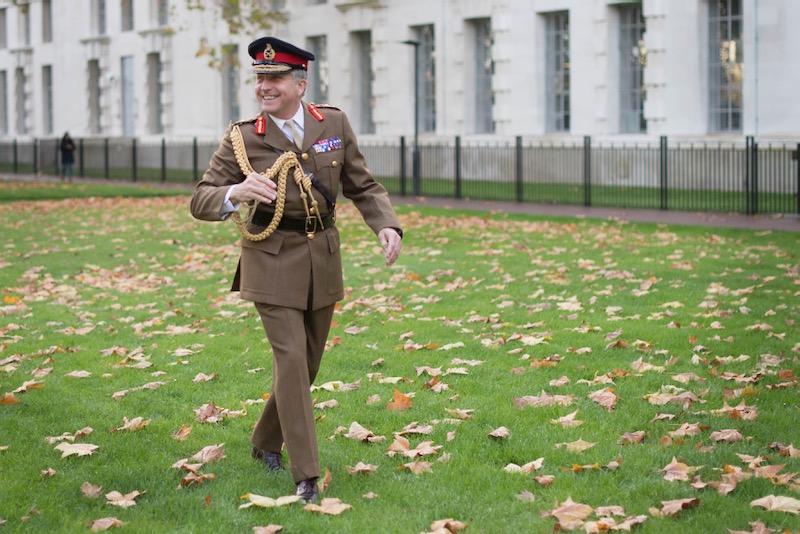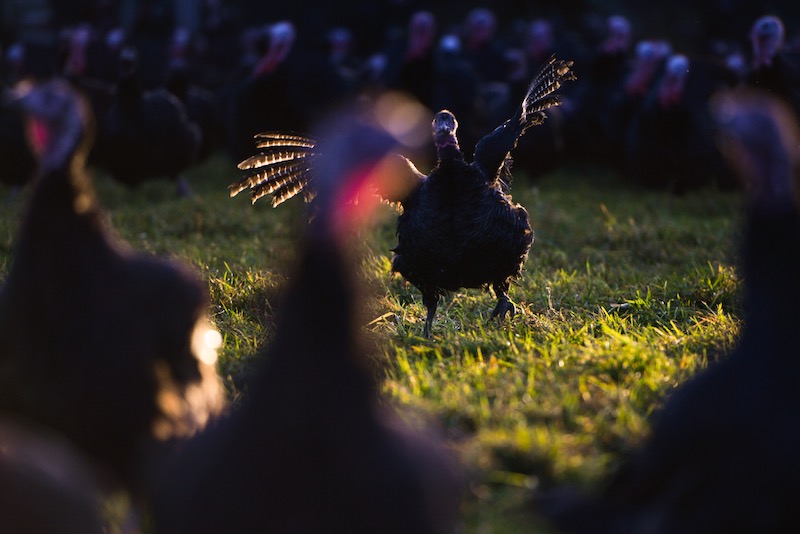The welfare of farm animals and why the issue should matter to Christians is the subject of a new project supported based at Chester University.
A policy document launched, The Christian Ethics of Farmed Animal Welfare, calls for Christian churches to consider where food comes from and “make sense of farmed animal welfare, especially now, as we move to establish new global trading agreements and tackle urgent concerns about climate change and our environment.”
The three-year project is led by specialists in Christian ethics and farm animal welfare and funded by the Arts and Humanities Research Council, with major UK churches as partners, particularly the Church of England, Church of Scotland, Church in Wales, Methodist Church, and United Reformed Church.
Bishop John Arnold of Salford welcomed the report in his role as chair of the Catholic Bishops’ Environmental Advisory Group. Chris Fegan of Catholic Concern for Animals endorsed it as well.
Parliament is currently debating amendments to the Agriculture Bill that would protect UK farmers and UK farmed animal welfare standards from imports produced to lower standards. “Learning more about how farmed animal welfare connects to Christian faith will help us to shape the world to enable farmed animals, farming communities, and all people to flourish in the future,” says the policy document.
David Clough of the research team and Professor of Theological Ethics in the Department of Theology and Religious Studies at the University of Chester, told The Tablet: “We recommend that people eat fewer animal products, avoid sourcing animal products from systems we assess as offering farmed animals poor opportunities for flourishing, and shift to supporting systems we classify as ‘better’ – RSPCA assured – or preferably ‘best available’ (organic, Free Range Dairy, or Pasture Fed Lifestock).”
Chris Fegan said: “Catholic Concern for Animals advocates for a cruelty free lifestyle and this includes people's dietary choices.” He added: “We positively encourage the increased consumption of a plant-based diet but if people feel the need to use animal products at all then they should choose those that involve the least animal suffering and the very best of animal welfare standards.” He applauded the project as “a good step forward in this direction”.
In 2021 CEFAW will host a series of webinars and workshops aimed at exploring different elements of the Policy Framework and providing guidance for how it could be used in different contexts. The Framework includes recommendations for the catering policy of church schools. Supporting resources will provide ideas for engaging students with the implications of Christian faith for what they eat.??
‘Humans and Other Animals’ was a featured theme in the Archbishop of Canterbury’s 2020 Lent Book by Ruth Valerio and the #LiveLent campaign was one stimulus for the project. Also, the climate crisis and the COVID-19 pandemic suggest we are hitting hard limits in the human exploitation of the wider creation, triggering feedback effects that threaten human, animal, and environmental well-being.



 Loading ...
Loading ...